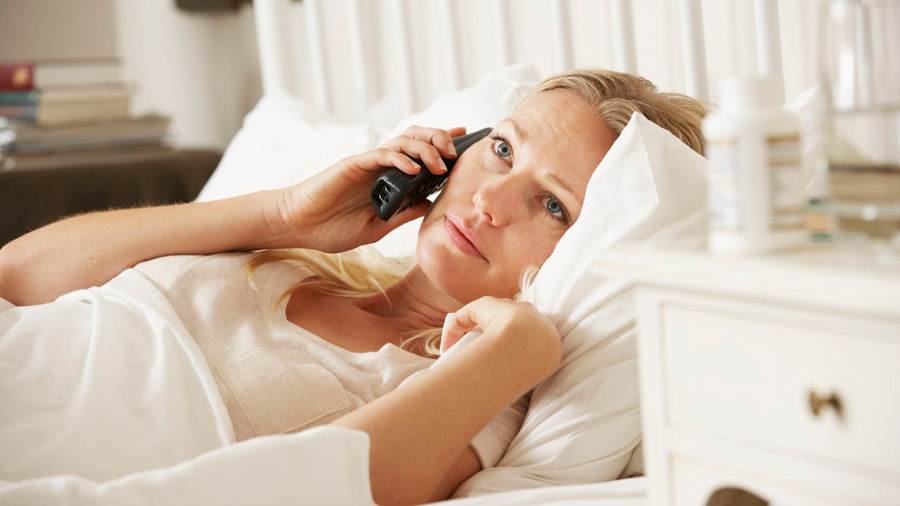
Sleep-in workers are not entitled to National Minimum Wage
In a landmark case for the UK care sector, the Supreme Court has ruled that time spent asleep during a sleep-in shift is not working time and therefore workers are not entitled to be paid the National Minimum Wage for that time.
This has proven to be a contentious issue for some time. Some organisations require their workers to be on-call (sometimes called stand-by) outside of their usual working hours. Whether this time should count as part of their working hours depends on the conditions attached to the on-call time. Generally, if the worker has to be at their place of work then all the on-call time is usually classed as working hours, whether the worker is required to work or not.
The case in question involved a care support worker, Ms Tomlinson-Blake, who was employed by the Royal Mencap Society. As part of her role, she was required to carry out a sleep-in shift from 10pm to 7am. For this she was paid a flat rate of £22.35 plus an additional hour’s pay at the rate of £6.70.
During the night, Ms Tomlinson-Blake had no responsibilities other than to keep an ear out in case she was needed. Otherwise, she was entitled to sleep undisturbed throughout the shift.
In 2016, Ms Tomlinson-Blake brought a claim to the Employment Tribunal (ET) as she believed she should have been entitled under the National Minimum Wage Regulations 2015 to receive full payment for the duration of each sleep-in shift, even where she was asleep, as she believed that these hours were all working time.
The ET upheld Ms Tomlinson-Blake’s claim, agreeing that sleeping time did qualify as working time.
Mencap subsequently appealed against the ET decision in 2017. The matter went to the Employment Appeal Tribunal (EAT), which also upheld the ET decision.
In 2018 Mencap appealed again, this time to the Court of Appeal, which agreed that Ms Tomlinson-Blake was not entitled to NMW payments for the full duration of her sleep-in shift. The Court of Appeal’s reasoning was that care workers who are required to sleep at (or near) their workplace and be available to provide assistance were deemed to be “available for work” instead of actually performing work.
Ms Tomlinson-Blake appealed the case to the Supreme Court, which has now dismissed the appeal, and upheld the decision of the Court of Appeal in the favour of Mencap.
Commercial law firm rradar commented:
“This outcome is likely to be welcome news to many employers within the care sector, who were understandably very concerned about the potential for this outcome to result in millions of pounds worth of backdated claims for underpayments for NMW, at a time when the care sector is already facing extreme difficulties as a result of the pandemic.”







